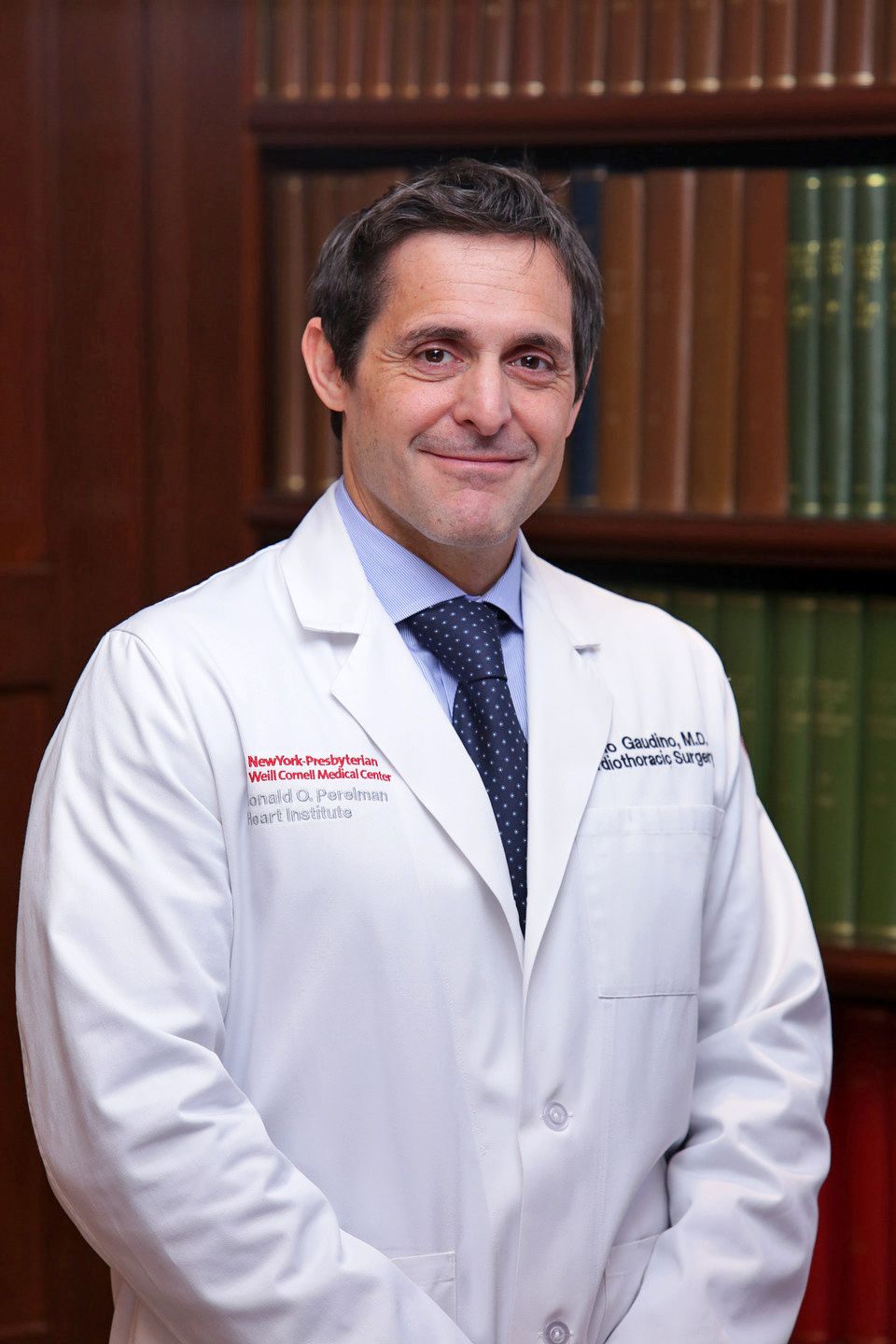
Dr. Mario Gaudino
A simple surgical technique during cardiac surgery was associated with a 56 percent reduction in the incidence of an irregular heart rhythm known as atrial fibrillation that can lead to stroke, with no added risks or side effects, according to a new study by Weill Cornell Medicine and NewYork-Presbyterian investigators. The findings suggest that the method, called posterior left pericardiotomy, has significant potential for preventing prolonged hospital stays and the need for additional interventions and drugs to reduce the risk of strokes and heart failure associated with atrial fibrillation.
The study evaluated whether a posterior left pericardiotomy, a slit in the backside of the sac around the heart to drain excess fluid, could help prevent atrial fibrillation in patients who underwent cardiac surgeries. The randomized controlled trial was published Nov. 14 in The Lancet. Click here to read the full article.